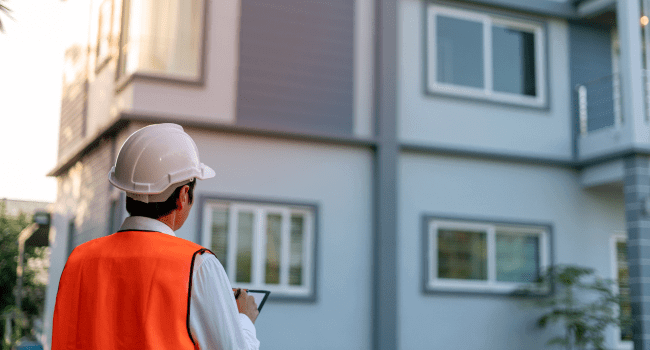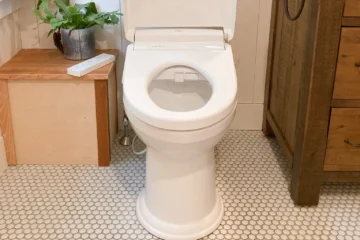
For a property, time is of the essence for a homeowner, a landlord, or a commercial building owner; staying on top of maintenance and repairs is crucial to preserving the value and safety of your investment. The most critical aspect of property upkeep is regular building inspections. These assessments are a formality but an urgent necessity, the difference between catching minor issues before they escalate and facing costly, time-consuming repairs.
Purpose of building inspections
Building inspections are designed to ensure a property’s safety, habitability, and structural integrity. They thoroughly examine the building’s various systems and components, including the foundation, roof, electrical, plumbing, HVAC, and more. The inspector’s job is to identify any existing or potential issues that could pose a risk to occupants, compromise the building’s functionality, or lead to more significant problems if addressed. Regular inspections are particularly crucial for older buildings, which may have outdated systems or materials that no longer meet modern safety standards. However, even newer properties benefit from periodic check-ups to catch any wear and tear, defects, or maintenance needs before they spiral out of control.
Consequences of delaying inspections
While it may be tempting to put off building inspections in favour of more pressing concerns or to save on short-term costs, the consequences of delaying these essential assessments are severe.
- Safety hazards
The most critical reason to prioritize timely building inspections is to identify and mitigate potential safety hazards. Issues like faulty wiring, gas leaks, structural instability, or fire code violations put occupants at risk of severe injury or even death. Regular inspections help catch these dangers early, allowing you to take swift corrective action before a tragedy occurs. Neglecting inspections leaves you vulnerable to liability claims, legal penalties, and the devastating human cost of preventable accidents.
- Accelerated deterioration
Many building issues start small but quickly escalate into major problems if left unchecked. A minor leak in the roof, for example, can lead to widespread water damage, mould growth, and even structural compromise if not addressed promptly. Similarly, a malfunctioning HVAC system strains other building components, leading to premature wear and tear and reduced energy efficiency. By catching these issues early through regular inspections, you prevent them from snowballing into more extensive and expensive repairs vitalbuildinginspection.com.au/pricing/ has a good point for the building inspections in Sydney.
- Code violations and fines
Building codes and regulations evolve to keep pace with new safety standards and best practices. Keeping your property up to code can result in costly fines, legal penalties, and even forced closures until violations are remedied. Regular inspections help ensure that your building complies with the latest codes and standards, protecting you from financial and legal repercussions. They also give you a roadmap for any necessary upgrades or retrofits, allowing you to budget and plan accordingly.
- Reduced property value
A well-maintained building is a valuable asset, while a neglected one quickly becomes a liability. Delaying inspections and allowing minor issues to fester lead to a decline in your property’s overall condition, functionality, and aesthetic appeal. This deterioration makes it more challenging to attract and retain tenants, command top rental rates, or sell the property competitively. By staying on top of inspections and addressing issues promptly, you preserve and even enhance your building’s value over time.
Regular inspections are not just a best practice; they are an urgent necessity that requires proactive attention to future claims’ and swift action. You protect your property, tenants, and bottom line by staying on top of the code of compliance and potential safety hazing.
How HDB vs. Landed Property Types Shape Home Electricity Plans
October 11, 2025
Comments are closed.
Latest Post
INDEX POST
-
How HDB vs. Landed Property Types Shape Home Electricity Plans
October 11, 2025 -
Calgary Homes for Sale: Your Guide to the Local Real Estate Market
September 27, 2025







